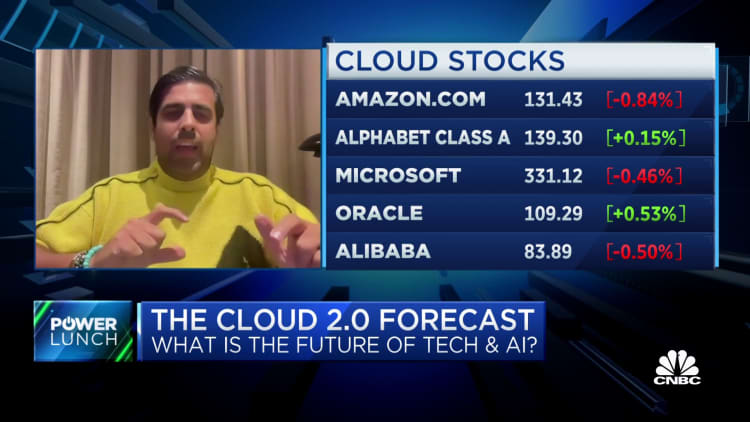If AI is taking over the workplace, exactly how it's doing that is still a mystery to the majority of workers.
Over half of employees (54%) say they have no idea how their company is using AI, according to a new survey conducted by UKG, a human resources and workforce technology company.
That's despite the fact that the majority of C-suite leaders (78%) say that their company is using artificial intelligence today, according to UKG.
UKG surveyed over 4,000 employees, managers and C-suite executives in 10 countries.
Employees should be worried: 68% of C-suite respondents said their company has made AI decisions that are not in employees' best interests. But according to UKG, this does not mean it's time to panic. Employees should start by looking at AI as a tool that can be used to their advantage, not as a threat to job security.
"People jump to 'all or nothing.' The reality is that it's going to automate tasks, not automate a full job in most cases," said UKG chief product and technology officer Hugo Sarrazin.
In fact, executives that responded to the survey estimated that 56% of their workforce is directly using AI to automate or augment job tasks. Meanwhile, among workers already transparently using AI, 75% say it makes them more efficient, productive, and accurate. That result matched a majority of workers surveyed (75%) who said they would be more excited about AI if their company was more transparent about how they were using it.
"Organizations must be more upfront about how they're using AI in the workplace if they want a competitive advantage and want to earn, and keep, the trust of their employees," according to Dan Schawbel, managing partner at Workplace Intelligence, which partnered with UKG for the study.

The survey finds a basis for starting the AI conversation with employees based on personal life experience with technology. Even though only 44% of employees globally believe they interact with AI in their personal lives, in reality, at least 90% say they've used at least one of the quieter examples of AI: maps and navigation (66%), predictive product/entertainment suggestions, such as in Netflix and Spotify (50%), text editors or autocorrect (47%), virtual home assistants, such as Alexa and Google Assistant (46%), or intelligent chatbots (31%).
Companies using AI today estimate that 70% of their total workforce will use AI to automate or augment some of their job tasks by 2028. The majority of C-suite leaders (71%) say advancing their use of AI is either a high or medium priority for their organization, and 62% of executives say they are at least slightly concerned that their company is not moving fast enough with AI.
This wider deployment of AI comes with several responsibilities, including protocols for use of internal AI models and creation of AI ethical codes, and as the study reveals, the need to disclose the level of investment management is going to make to help upskill employees.





